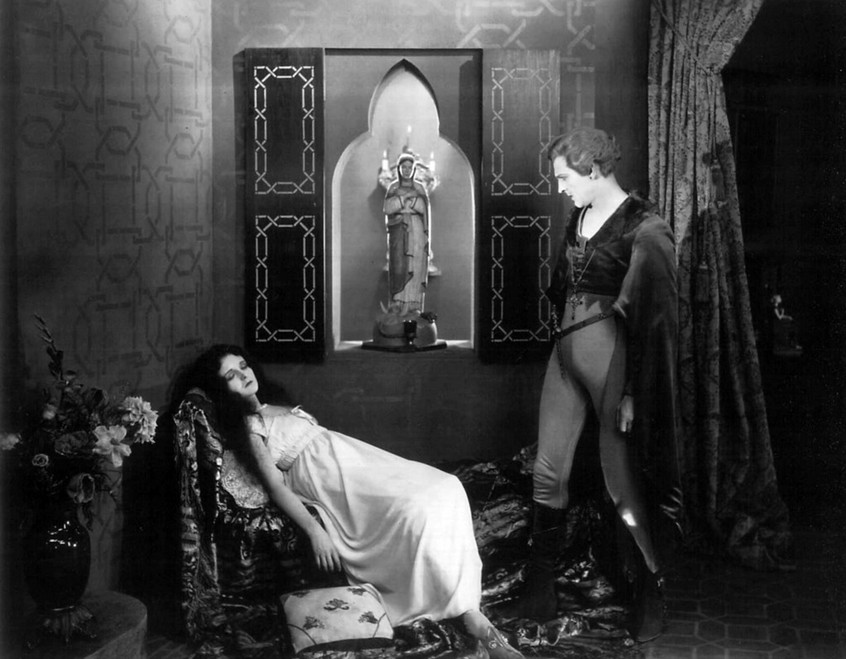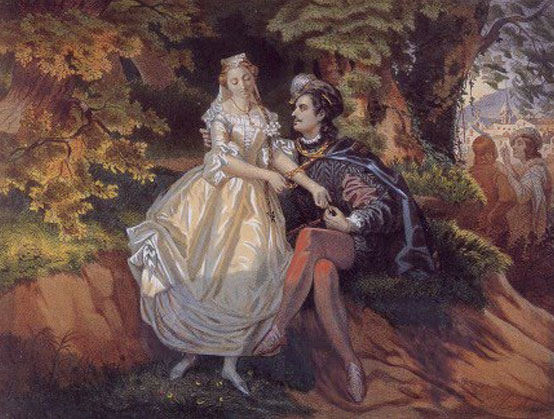Interview with FOOSA Artistic Director Thomas Loewenheim
Topic: Mahler Symphony No. 6
You have chosen to conduct Mahler 6 for this summer’s FOOSA. Why this piece?
Well, the FOOSA Festival is probably one of the most epic festivals I have ever been involved in. We have grown this festival to what it is in only a few years with an amazing faculty. Because we have such a large and accomplished orchestra we can program epic works…and what better work than this incredible, beautiful, giant beast?
Any special plans for the order of movements?
Definitely. Like any conductor attempting to perform this piece today I did my research. And the more I read, the more I realized that I understood what the order should be. As you know, originally Mahler had organized the piece with the scherzo first, followed by the andante. But he changed the order before the first performance. Some critics say it makes more sense to have the scherzo first, but I think if one looks at the entire symphony, it makes more sense to have the first movement, then the andante, then the scherzo, and then, of course, the last movement. My reasons: 1) I’m basing my decision on what Mahler himself wished after first performance; and 2), for me, personally, the overall structure carries the day, and it’s clear that the third movement brings us back to the themes and the key of first movement.
Do you have any special plans for the famous hammer blow?
Probably we’ll just use one. (Pause) Though it’s not cheap to rent those things…maybe we’ll add a few more to make it worth our while …maybe, in fact, our commissioned composer Joseph Bohigian can add a hammer blow to his piece. That way we can get more…bang…for our buck.
What part of this symphony do you particularly look forward to?
Actually, I love the first movement. The audience is drawn immediately in to the piece, which starts with that beautiful march. I look forward to starting the journey, whereas in so many pieces one looks toward the end. But I really like the opening and the way the symphony unfolds, because then everything just fits in…everyone is looking forward to the hammer…but without the beginning you don’t have anything to look forward to.
What about having Lynn Harrell as your principal cellist for this work? We understand he’s had some prior experience…
Having Lynn Harrell with us is epic, like our festival itself. His joining us matches the FOOSA tradition where the most unexpected things happen. He is an inspiration…part of what we call that FOOSA magic. Also, there's an important Mahler Six connection, because before he became the international soloist he is so well known as, Harrell was principal cellist of the Cleveland Orchestra during its famous years with conductor George Szell. He actually performed Mahler Six under Szell! Daunting, but terrifically exciting for us.
HAMMER BLOW? WHAT HAMMER BLOW?







